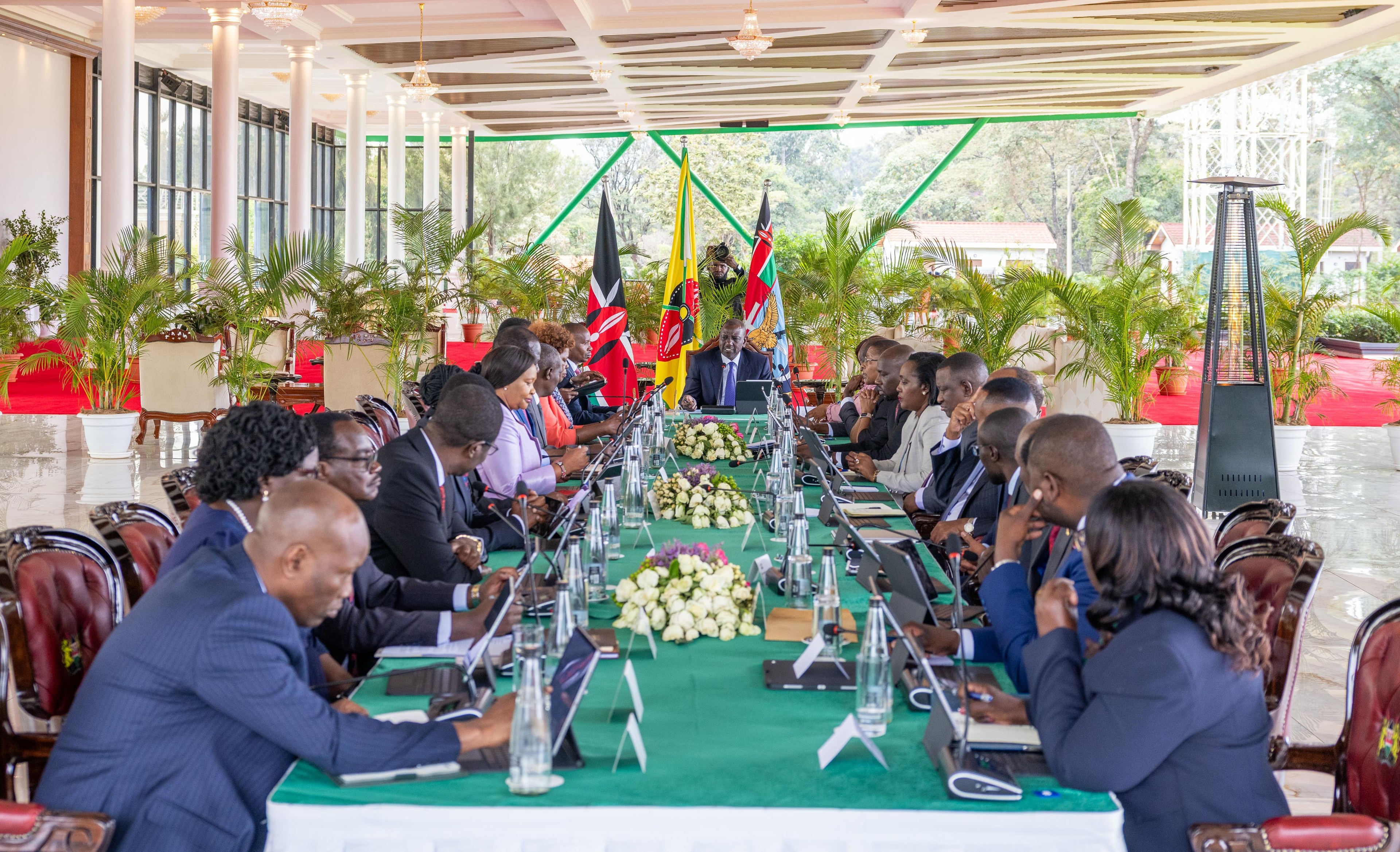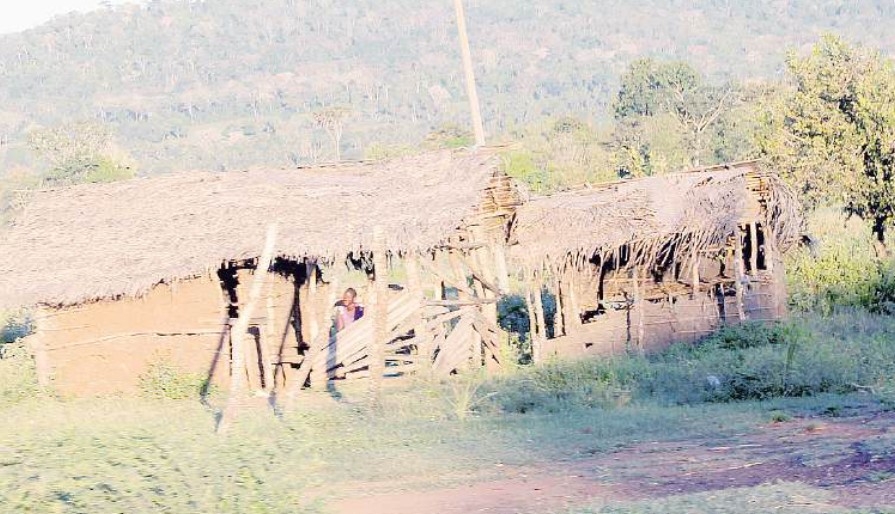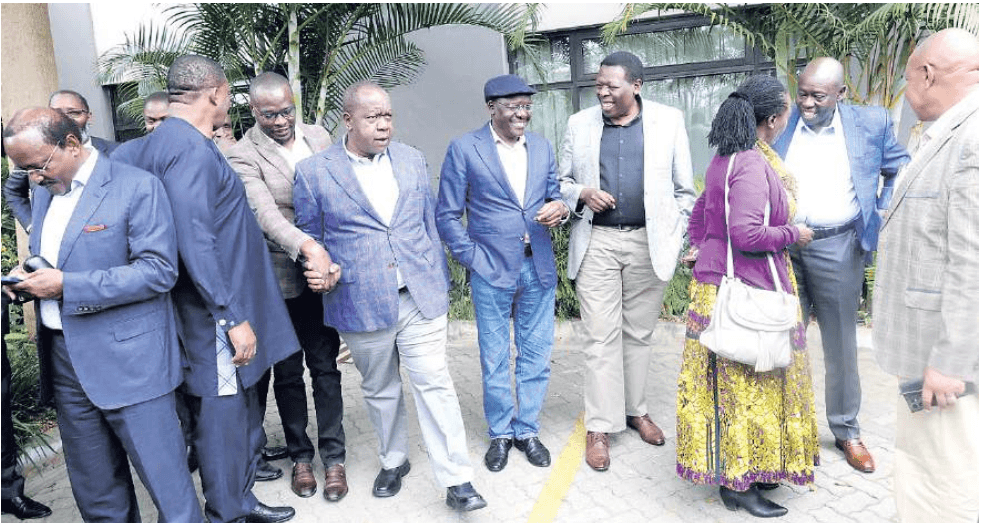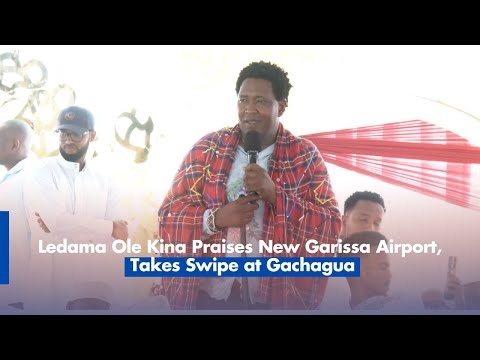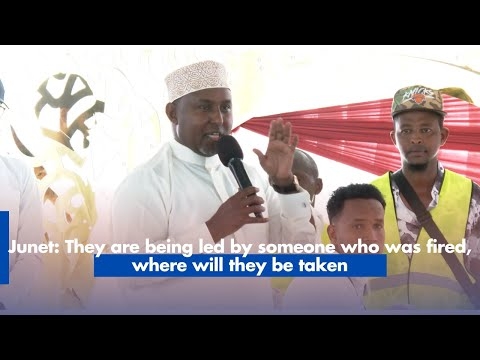The past week witnessed Kalonzo Musyoka’s followers and strategy teams scrambling as they sought to 'occupy' the space left by Raila as he announced he would seek Chairmanship of the African Union Commission. Kalonzo has always lingered on the fringes, waiting to inherit Raila Odinga’s support base. "Kalonzo takes over" became a common refrain in communications from Kalonzo's activities in various areas he visited in the last week, sounding almost myopic and desperate.




